EDITORIAL
Published on 04 Jan 2024
Editorial: Effects of medicinal homologous foods on immunity through intestinal flora
doi 10.3389/fimmu.2023.1358254
- 591 views
- 1 citation
9,504
Total downloads
46k
Total views and downloads
EDITORIAL
Published on 04 Jan 2024
ORIGINAL RESEARCH
Published on 19 Dec 2023
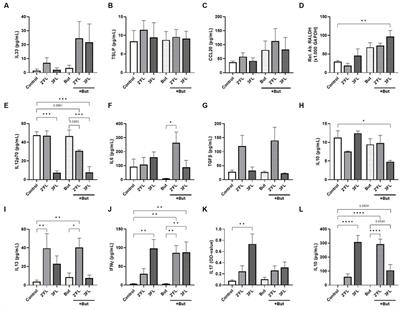
ORIGINAL RESEARCH
Published on 14 Dec 2023
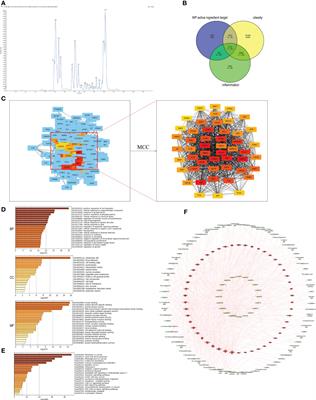
REVIEW
Published on 22 Nov 2023
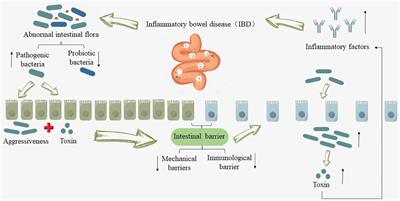
REVIEW
Published on 23 Oct 2023

ORIGINAL RESEARCH
Published on 12 Oct 2023
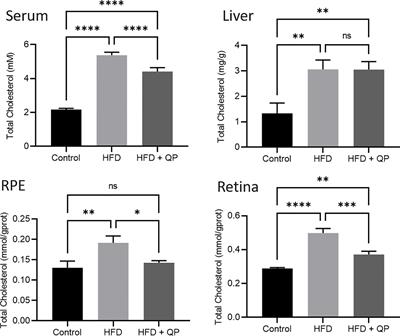
REVIEW
Published on 10 Aug 2023
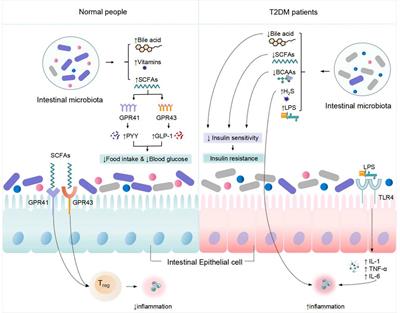
MINI REVIEW
Published on 11 Jul 2023

